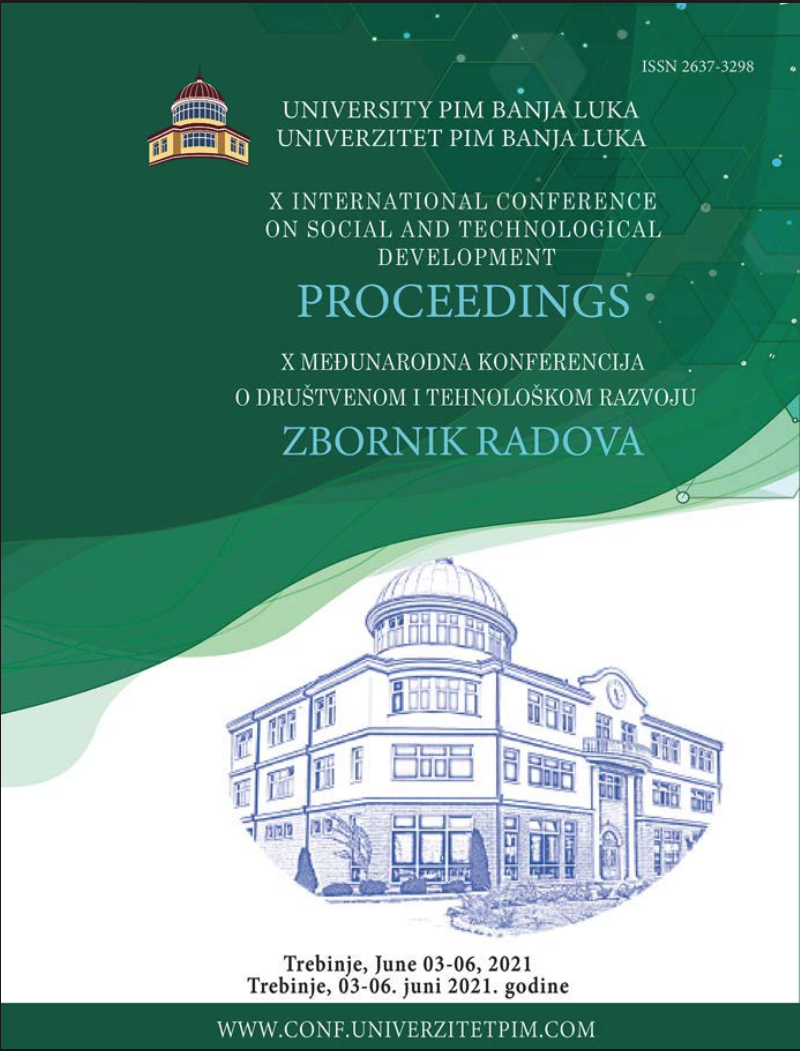
This is an open access article distributed under the Creative Commons Attribution License which permits unrestricted use, distribution, and reproduction in any medium, provided the original work is properly cited.
Department of Agricultural - Business Studies and Tourism, Academy of Vocational Studies , Sabac , Serbia
Department of Agricultural - Business Studies and Tourism, Academy of Vocational Studies , Sabac , Serbia
Department of Agricultural - Business Studies and Tourism, Academy of Vocational Studies , Sabac , Serbia
Department of Medical and Business-Technological Studies, Academy of Vocational Studies , Sabac , Serbia
Sustainable supply of energy is possible only with an optimal combination of the characteristic benefits of each of the renewable energy sources. Unlike fossil fuels, biogas is a permanently renewable fuel, produced from biomass, which is a living storehouse of solar energy through photosynthesis. The use of biogas helps to improve the energy balance of country and contributes to the preservation of natural resources and environmental protection. This paper presents an ecologically efficient way of waste disposal, so that waste gets a new economic value in the form of electricity and heat, as well as organic fertilizer. Detail process of obtaining biogas is described with the use of various raw materials, as well as possible ways of its application for energy purposes. In an anaerobic digester or fermenter, biological and chemical processes take place, which result in the separation of biogas in the last phase of digestion. In order for anaerobic bacteria, which are in charge of biogas production, would have the most ideal conditions, it is necessary to ensure, in addition to adequate and regular feeding with biological waste, continuous mixing and maintaining a constant temperature inside the digester. Production of electricity is the primary goal and purpose of biogas power plants, but also important aspect of this process is the formation of organic fertilizer. The application of organic fertilizers improves the quality of the soil and reduces need for use of artificial fertilizers, which has a positive impact on the environment.
The statements, opinions and data contained in the journal are solely those of the individual authors and contributors and not of the publisher and the editor(s). We stay neutral with regard to jurisdictional claims in published maps and institutional affiliations.